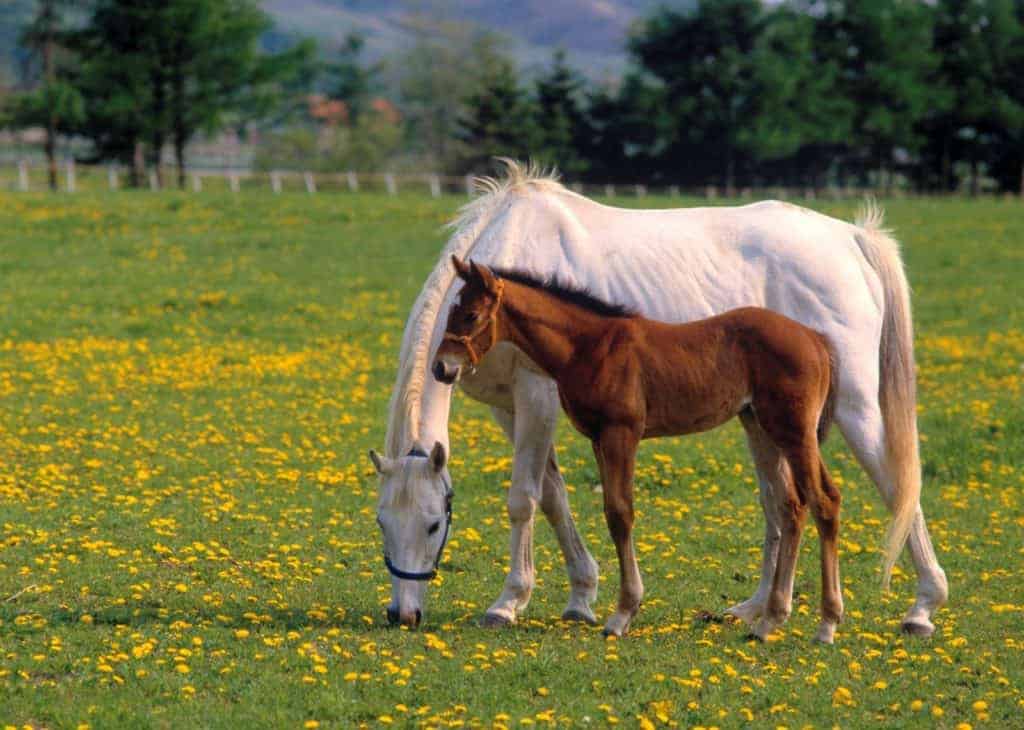
Food Allergies, Intolerances, and Sensitivities in Horses
Explore the methods used to diagnose food-related issues in horses and effectively manage their clinical signs.

Explore the methods used to diagnose food-related issues in horses and effectively manage their clinical signs.

Sustainable hay production involves practices that protect the environment while yielding high-quality hay. Here’s how to grow or source sustainably produced hay.

While steeped in tradition, feeding bran mashes can cause GI distress in horses. Learn why, and discover alternatives.

Researchers have shown feeding horses alfalfa prior to riding can help buffer stomach acid and offers relief for ulcer-prone horses. But is hay or a pellet better?

Learn how to feed growing horses correctly to avoid developmental orthopedic disease.

An equine nutritionist explains how to address common nutrition challenges when feeding horses with the dental condition EOTRH, before and after surgery.

Some medications are critical for horses’ health but don’t taste great. Here are tips from an equine nutritionist to encourage them to eat their pills.

Find out how much protein your horse’s diet provides and whether it comes from high-quality sources.

Sourcing lower-energy hay and implementing slow-feeding strategies can help reduce your horse’s risk of becoming obese and developing metabolic problems.

An equine nutrition expert addresses toplines, horse protein needs, and if whey is the way to go.

Although researchers have shown horses prefer untreated hay, it is safe for horses to eat hay treated with preservatives. An equine nutritionist explains why.

Adding oil to your horse’s diet can improve coat quality and weight gain. An equine nutritionist describes factors to consider before choosing an oil to feed your horse.

Dr. Nancy Diehl addresses a question about why a mare might respond differently to training after having her first foal.

Find out how your horse’s diet could support shedding and his incoming summer coat.

Learn how to adjust your mare’s diet to support a healthy pregnancy, ensure adequate milk production, and maintain her body condition during this critical time.

Find out why your horse might be more prone to impaction colic during winter and how you can reduce the risk.
Stay on top of the most recent Horse Health news with
"*" indicates required fields